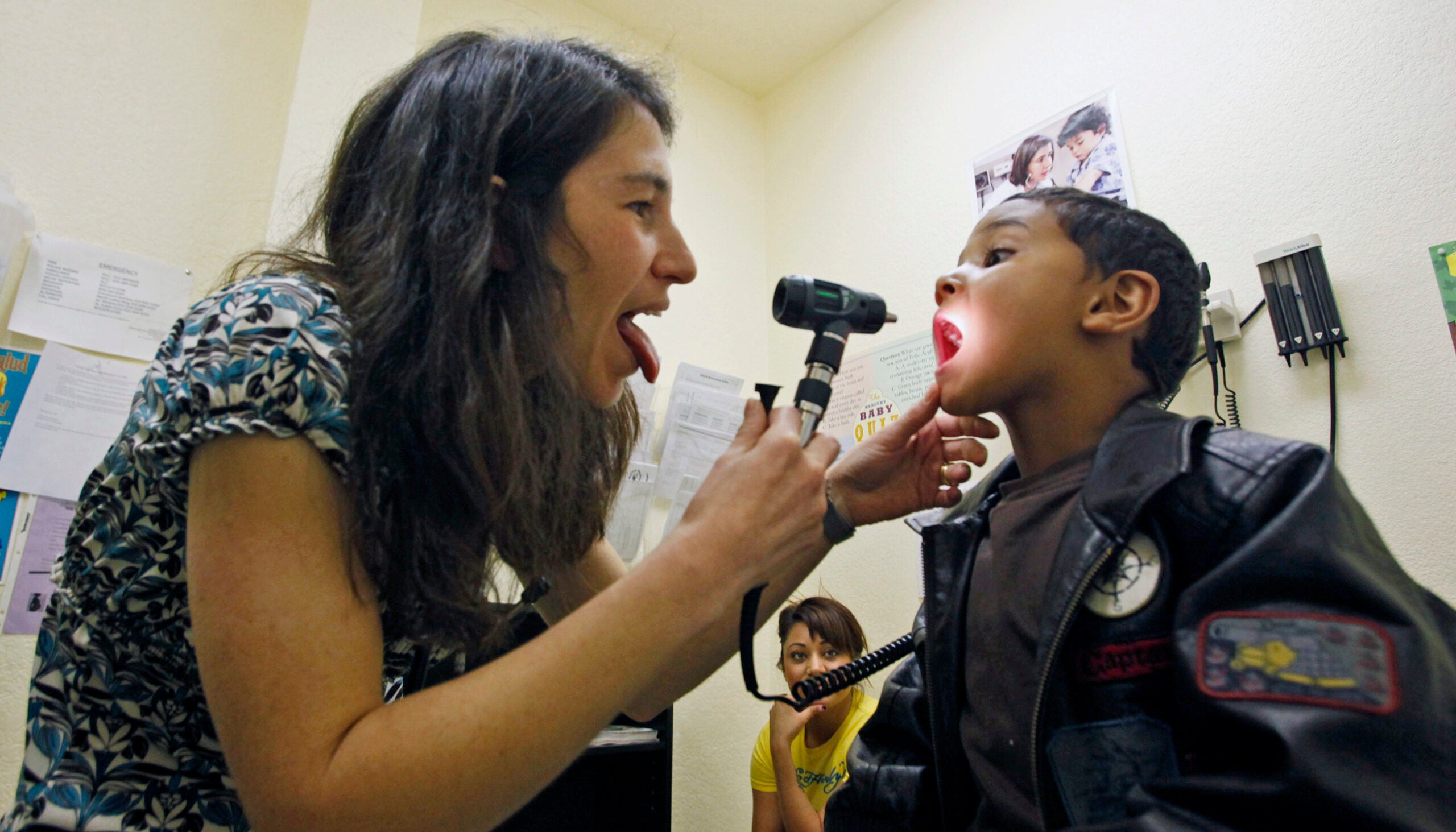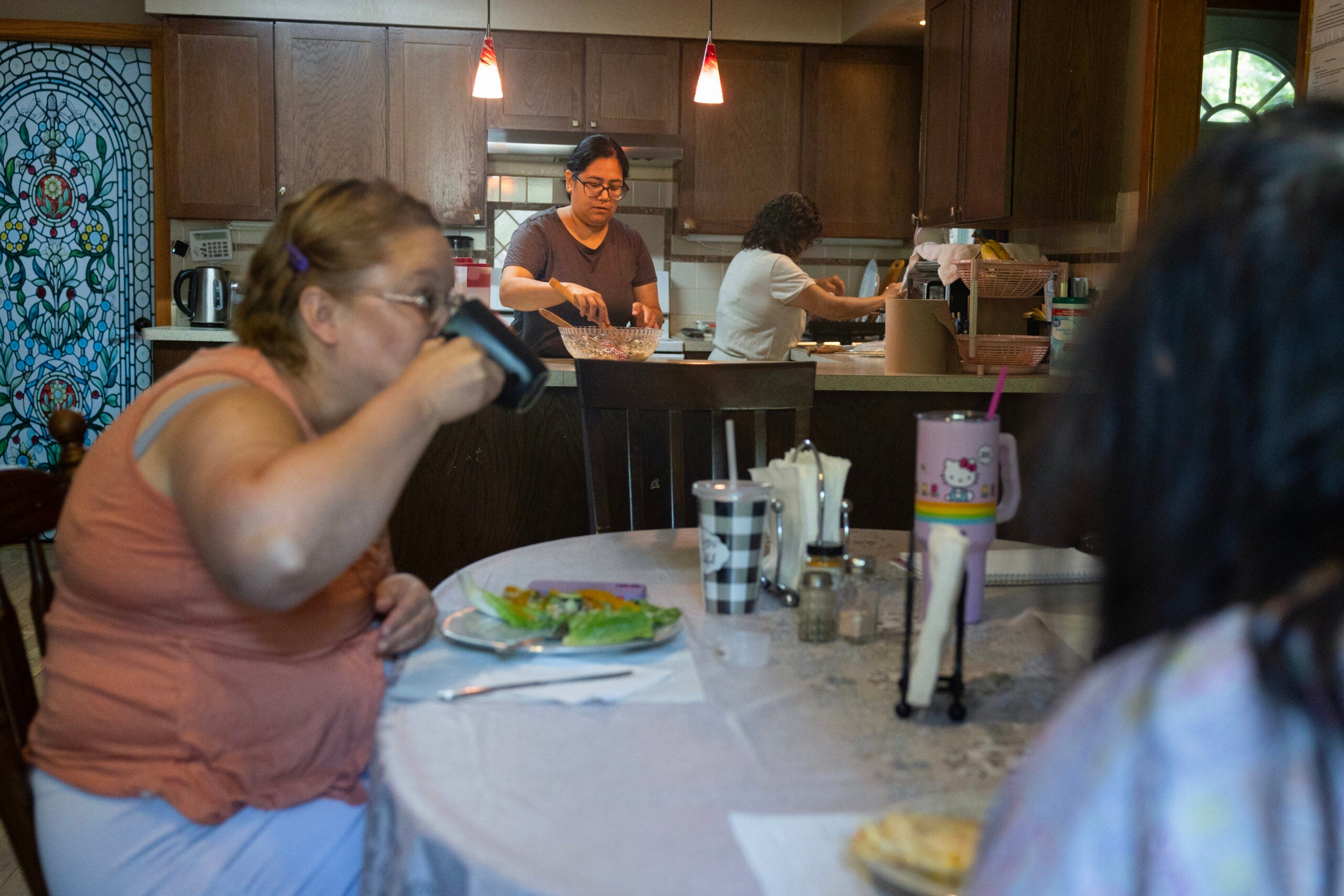One of the programs affected by the Republican health plan passed by the House on Thursday is Medicaid. In Wisconsin, 1-in-5 people rely on it.
In voting to replace the Affordable Care Act with the American Health Care Act, the House approved changes to the joint state-federal program known as BadgerCare in Wisconsin.
State Medicaid director Michael Heifetz said if the U.S. Senate goes along with the House, there will be less federal money. How much this affects Wisconsin isn’t known yet, he said during a WisPolitics luncheon Thursday in Madison.
Stay informed on the latest news
Sign up for WPR’s email newsletter.
“That’s a great question. It’s the, uh, I don’t know, trillion dollar question?” Heifetz said. “In the short term, it probably wouldn’t have that dramatic of an effect. It’s the longer term where you might see some of the more significant challenges for this state.”
How big those challenges are is based partly on what the baseline amount of federal funding will be. Other states that expanded Medicaid using federal dollars could potentially get more money than Wisconsin, which partially expanded Medicaid using only state dollars.
“We’re a low-spend, high-quality state, and that doesn’t always get rewarded,” Heifetz said.
Heifetz said Gov. Scott Walker has been supportive of limiting Medicaid spending on a per capital basis versus a set sum or block grant.
“That would protect us from certain vagaries of the national economy (like recession),” Heifetz said.
The Wisconsin Council on Children and Families’ Jon Peacock said it would “disastrous” if the Senate approves the Medicaid cuts the House wants.
“It gives Congress a license to ratchet down the amount of spending for Medicaid, and that is over time going to result in the rationing of care. The federal government is shifting to the states the responsibility of making those awful decisions how to ration care,” Peacock said during the WisPolitics luncheon. Heifetz disagreed.
“I just categorically disagree that the American Health Care Act is a backdoor way to ration care,” Heifetz said. “We will have to manage care better and we’re not doing it the way we should.”
Wisconsin Public Radio, © Copyright 2025, Board of Regents of the University of Wisconsin System and Wisconsin Educational Communications Board.







